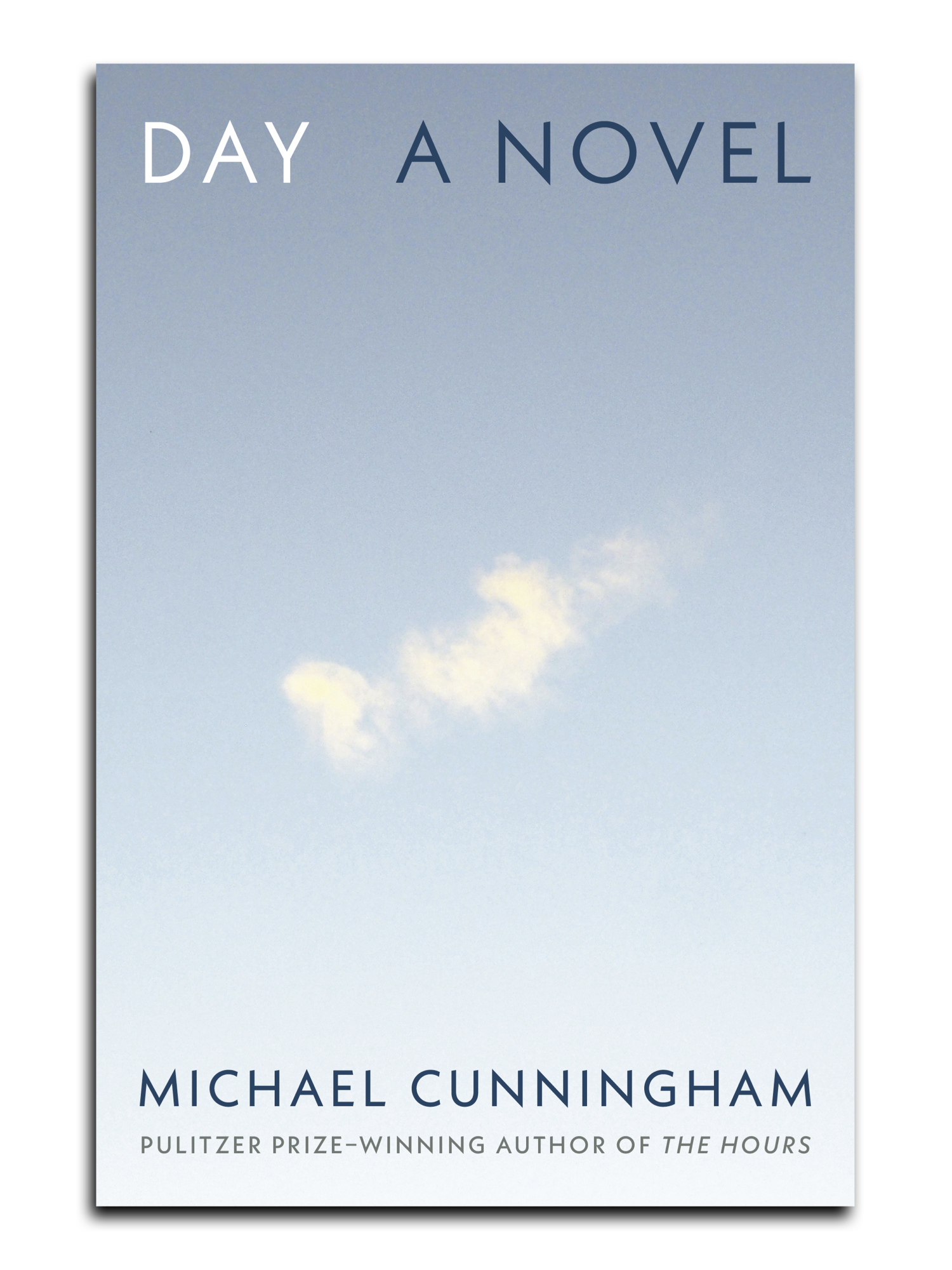Day by Michael Cunningham
In a recent interview with Alexandra Alter of The New York Times, Michael Cunningham posed an intriguing question — "How does anybody write a contemporary novel about human beings that's not about the pandemic?" Indeed. And for that alone, I like the idea of authors tackling their own pandemic novels. Back when the entire world was briefly a global community of sorts, locked down in their locations (home or otherwise), I searched for contemporary accounts by authors who'd woven the 1918 flu pandemic into their own novels. Much to my surprise, there are almost no works of this nature. There are plenty that came after, but they were, by that time, of the historical fiction variety written by authors of the following generation or even later. While I appreciate Cunningham's effort in writing this account, I find his deliberate omission of terms like 'pandemic,' 'COVID-19,' and related vernacular — especially given their prevalence during the pandemic's height — questionable.
Whatever call to write Day Cunningham felt, he conceived a short novel that examines the lives and relationships of a tightly-knit (but not necessarily closely) family on the April 5ths of 2019, 2020, and 2021: a before, during, and after (of sorts, if we're feeling generous).
Day beings in a Brooklyn brownstone. Dan and Isabel's marriage is strained, with both unsure how to feel about the departure of Robbie, Isabel's brother, from the house — a move that threatens to disrupt the family. Amid the lockdown in 2020, tensions rise, and in 2021, the family faces the aftermath of the crisis and contemplates their future.
Despite the interesting premise, Day fell a bit short of expectations. Cunningham's writing is solid, and his characters are developed to a degree. However, the narrative's impact is hampered by the characters' limited and similar personalities, coupled with his overt critique of social media. Given that most of his audience likely already recognizes the issues inherent in social media, those who largely share his viewpoint, myself included, may find the book lacking in new or fresh insights. Additionally, his characters, even before the pandemic, come across as incredibly self-centered and unremarkable. There's a lack of distinctiveness among them; everyone appears dissatisfied in some way, resulting in a feeling that they blend into a single, indistinct character rather than standing out as individuals.
In the end, Cunningham's Day is a mixed bag. It's a reflection of our times, certainly, capturing the essence of a world grappling with an unprecedented crisis. Yet, in its pursuit to mirror reality, it suffers from a lack of the depth and diversity that make stories truly resonate.
I received this book for free from the publisher via NetGalley in exchange for an honest review. This affected neither my opinion of the book nor the content of my review.

